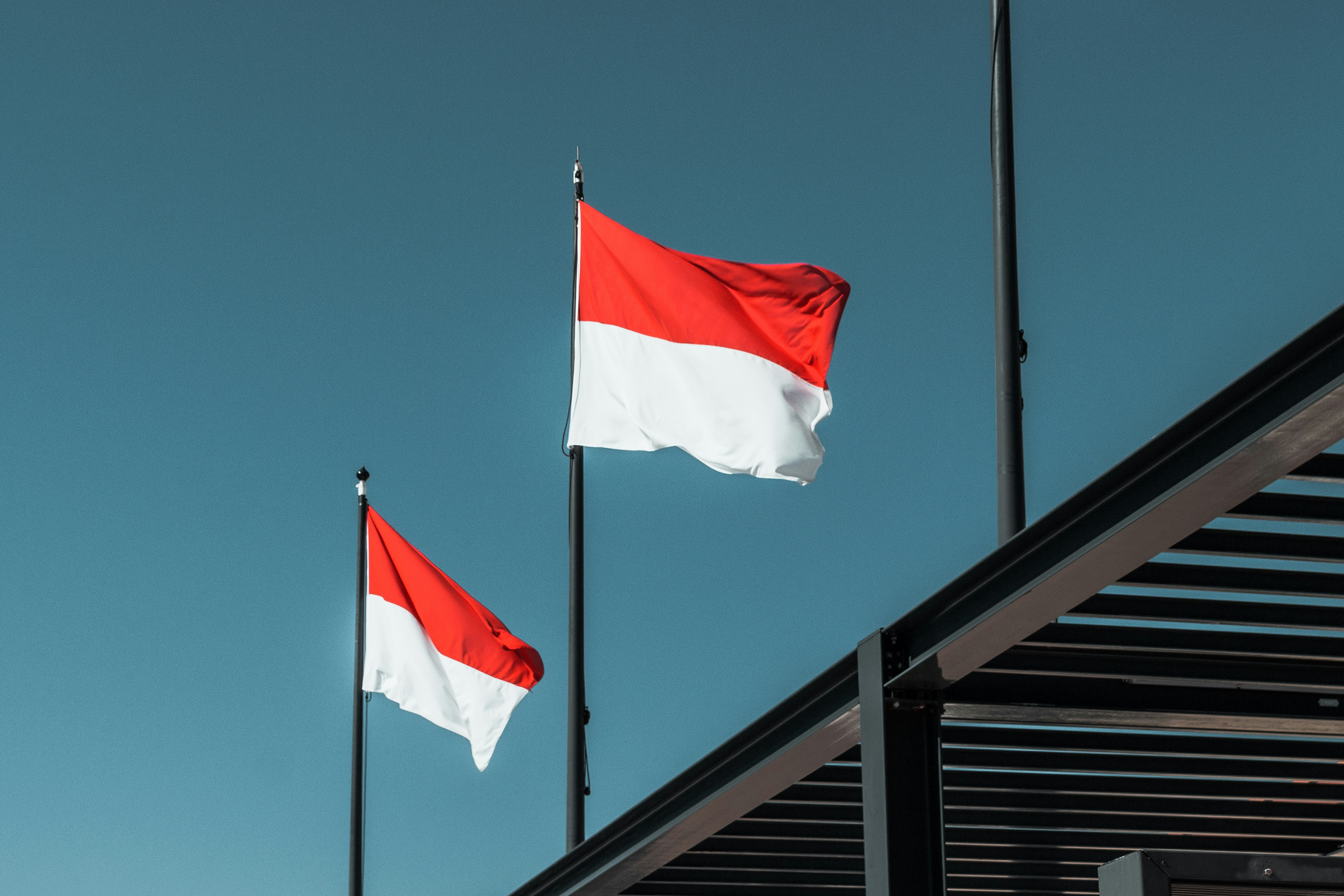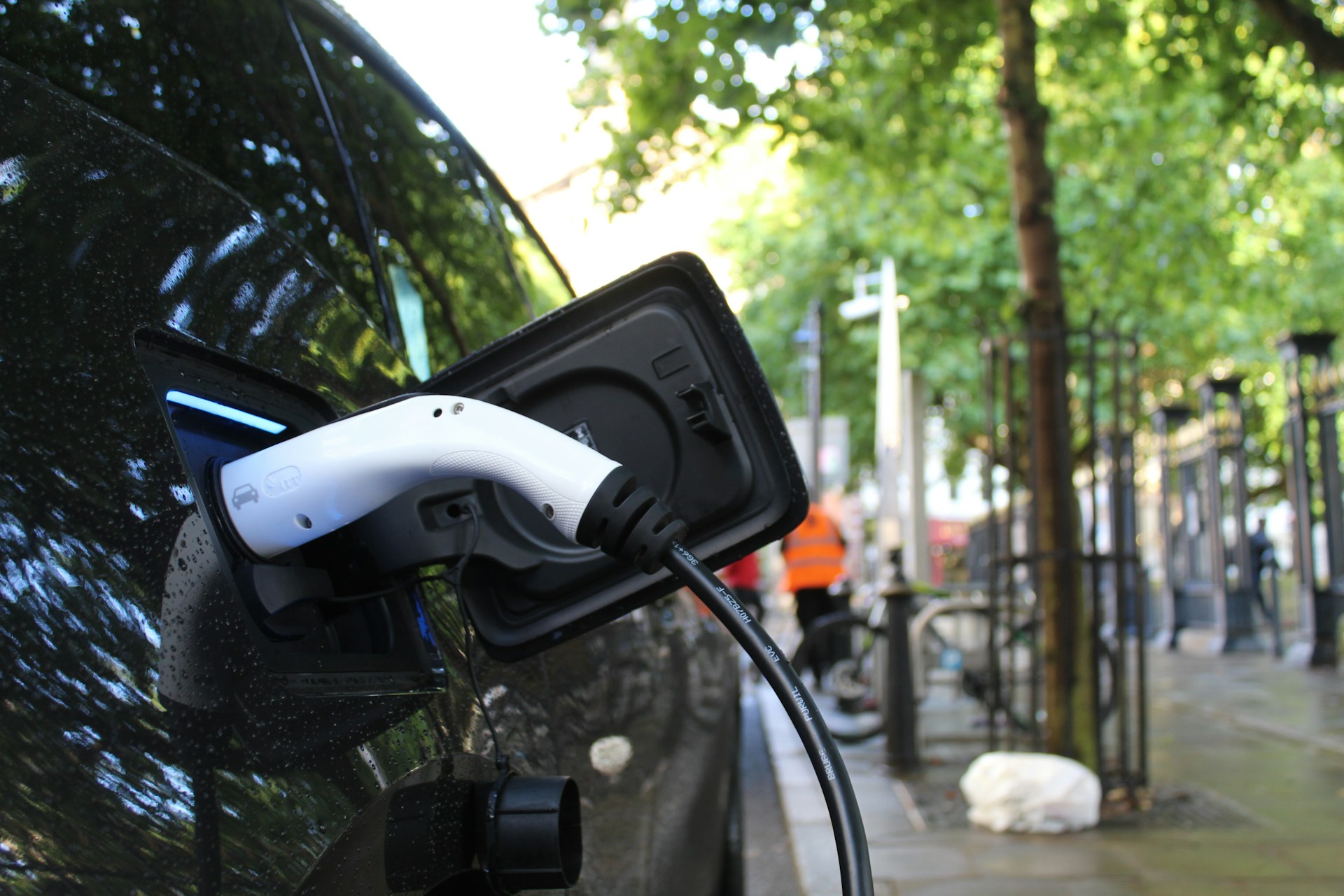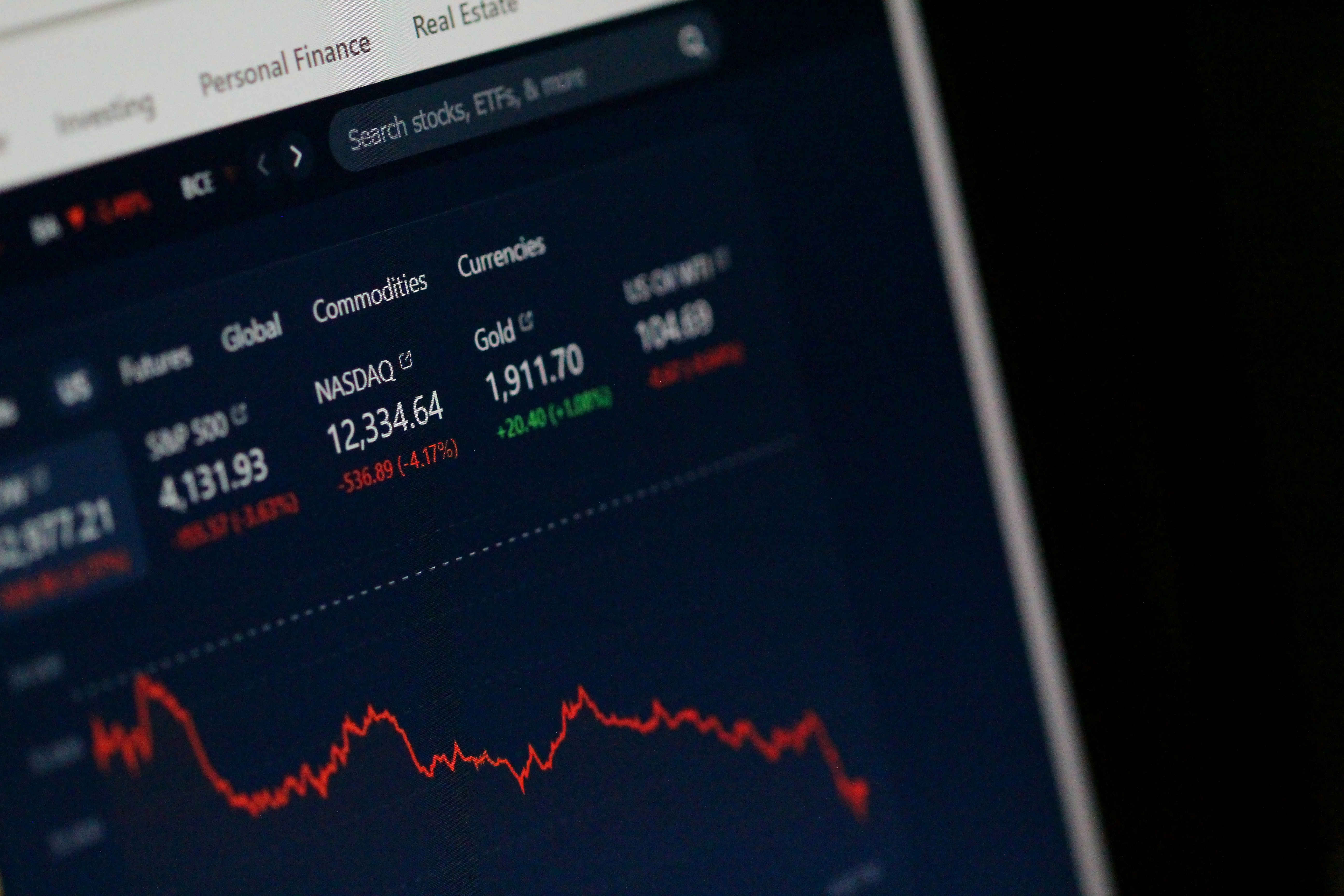Ringkasan Eksekutif
- Meningkatnya diskusi mengenai isu ekonomi menjelang Pilpres 2019 mengindikasikan bahwa situasi perekonomian merupakan salah satu faktor yang menjadi pertimbangan bagi pemilih dalam menentukan pilihan mereka dalam Pilpres 2019.
- Survei Pilkada 2018 yang dijalankan oleh CSIS memberikan gambaran bahwa pilihan politik terkait erat dengan persepsi mengenai situasi perekonomian. Proporsi pemilih yang akan memilih kembali Presiden Jokowi lebih tinggi dua kali lipat dibandingkan dengan yang akan memilih Prabowo di antara para responden yang mengatakan situasi ekonomi membaik. Sebaliknya proporsi pemilih Prabowo secara signifikan lebih tinggi di antara responden yang mengatakan situasi ekonomi memburuk.
- Dengan menggunakan model regresi logistik, penulis menemukan bahwa probabilitas untuk memilih petahana naik sebesar 14 poin persen bagi pemilih yang mengatakan ekonomi membaik. Sementara probabilitas turun sebesar 16 poin persen bagi pemilih yang mengatakan ekonomi memburuk. Efek ini lebih tinggi dibandingkan efek dari beberapa faktor lain, termasuk faktor mengenai pandangan keberagamaan.
Executive Summary
-
Intensified discussions on economic issues ahead of the 2019 Indonesian Presidential Election indicates that the economy may be an important factor in affecting voters’ decisions.
-
A public opinion survey conducted by CSIS in 2018 (ahead of Regional Elections) suggests that political preferences are strongly tied to subjective perceptions of the economy. Of respondents who reported economic conditions improved in the past year, the proportion of voters who intend to reelect President Jokowi is twice as high as those who intend to vote for presidential candidate Prabowo. Meanwhile, the proportion of respondents who reported their intent to vote for Prabowo is significantly higher among respondents who feel that economic conditions have worsened in the past year.
-
Using a logit regression model, the writers found that the probability of voting for the incumbent rose by 14 percentage points as respondents go from a neutral to a favorable perception of the economy. Meanwhile, a shift in public opinion from neutral to deteriorated economic conditions lowered the probability of voting for the incumbent by 16 percentage points. According to our model, these effects are larger compared to other independent variables such as religious tolerance.







